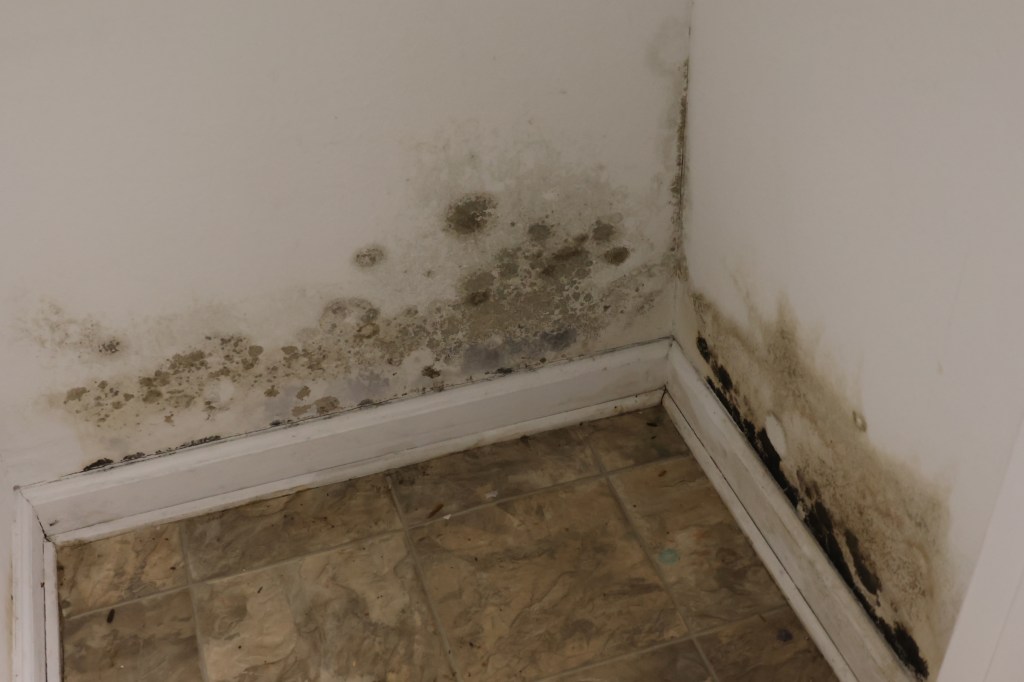More than 32 million Americans now live with the daily threat of food allergies, a number that has sparked urgent investigation into the underlying causes. Health officials and advocates are increasingly turning their attention to the complex world within us – the microbiome – seeking answers to this growing crisis.
A recent forum in Washington, D.C., brought together leading health authorities to discuss this critical issue. Secretary Robert F. Kennedy, FDA Chief Martin Makary, and NIH Director Jay Bhattacharya convened to explore the potential link between our internal bacterial ecosystems and the surge in allergic reactions.
Dr. Makary explained that the human intestine is home to over a billion different types of bacteria, normally existing in a delicate balance. However, modern diets, widespread antibiotic use, and other environmental factors can disrupt this harmony, leading to inflammation and a host of health problems – potentially including food allergies.
“Gut health is central to overall health,” Makary emphasized. He believes that crucial beneficial microbes may be disappearing from our populations due to changes in how we live and eat, contributing to the alarming rise in food allergies.
Researchers are actively testing this theory. A new oral microbiome therapy, STMC-103H, developed by Siolta Therapeutics, has demonstrated remarkable promise in early trials. A Phase 2 study involving 238 newborns with a family history of allergies showed a potential 77% reduction in the risk of developing food allergies.
This suggests that nurturing healthy gut bacteria early in life could be a powerful preventative measure, potentially stopping allergies before they even begin. Final results from the trial are anticipated in early 2026, offering a beacon of hope for families.
Ilana Golant, founder and CEO of the Food Allergy Fund, believes food allergies may be an early warning sign of a much larger health crisis connected to the microbiome. Her organization has launched the Food Allergy Fund Microbiome Collective in New York City to delve deeper into this connection.
Golant envisions that unlocking the secrets of the microbiome could have far-reaching implications. “Solving allergies could reveal how to prevent and treat a range of diseases – from autoimmune disorders to neurodegeneration – that impact millions of lives,” she stated.
The prevalence of food allergies is staggering, affecting one in ten adults and one in thirteen children. Every three minutes, someone in the United States requires emergency treatment for a severe allergic reaction, highlighting the urgent need for solutions.
Peanut allergies are particularly common, but new research suggests that introducing peanuts early in a child’s diet could significantly reduce the risk of developing an allergy. This simple intervention offers a potential path toward prevention.
Secretary Kennedy shared a personal connection to this issue, recalling a childhood where food allergies were virtually unknown. “When I was a kid, I never met anyone with a peanut allergy,” he said, reflecting on his large family and upbringing.
However, his own son suffers from severe anaphylactic allergies to peanuts, tree nuts, and other foods, requiring 22 emergency room visits before the age of two. This personal experience fueled his determination to understand the root cause of this growing epidemic.
“At first, I focused on how we were going to treat it and keep him safe,” Kennedy explained. “But my mind quickly went to the bigger question – why is this happening?” He is committed to breaking the silence surrounding this issue and uncovering the factors driving the rise in allergies.






